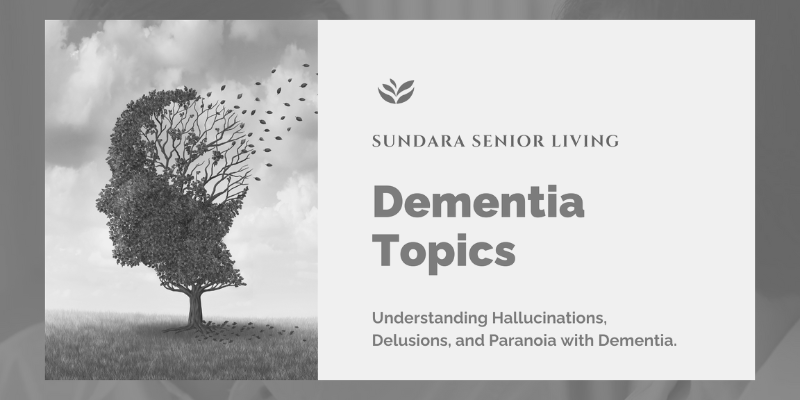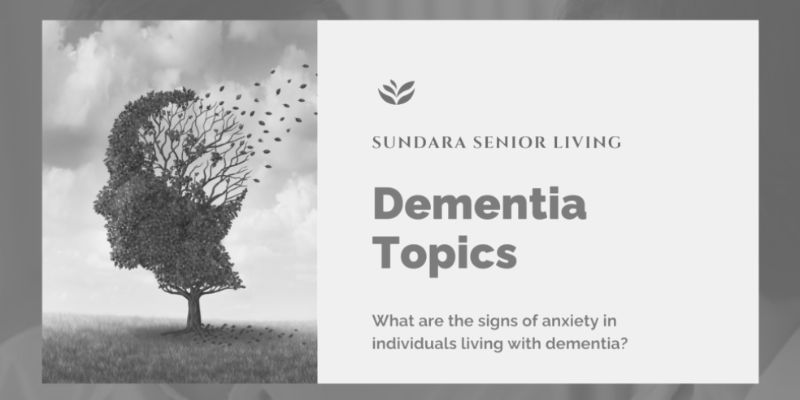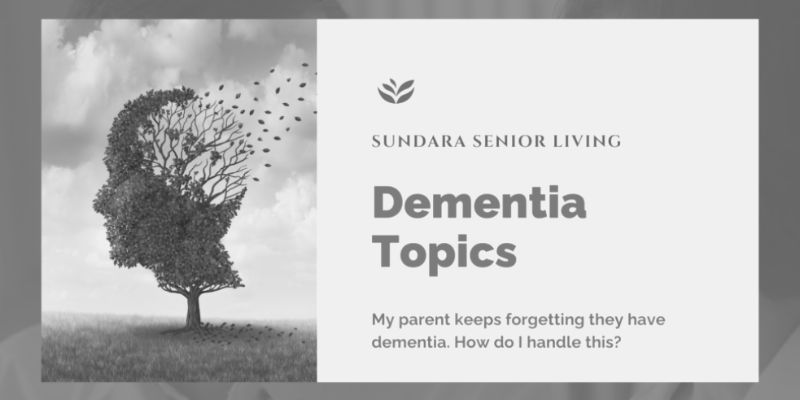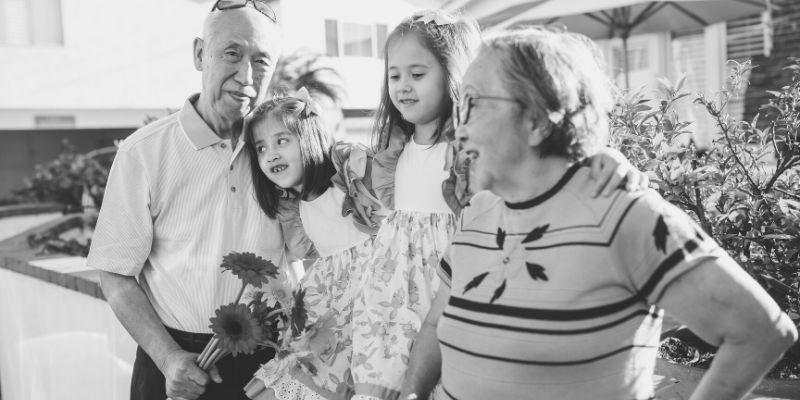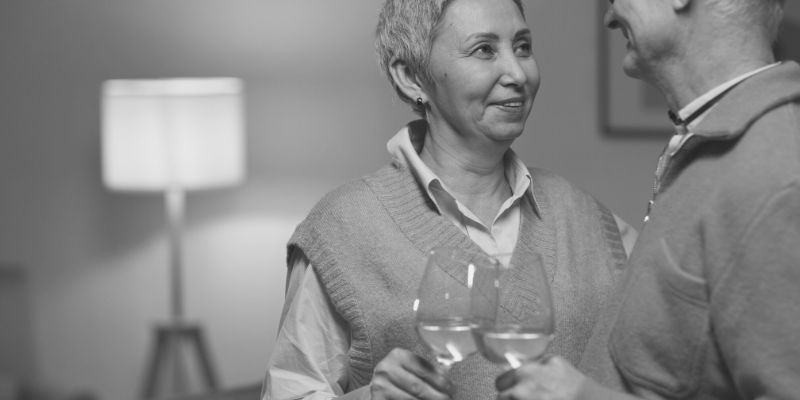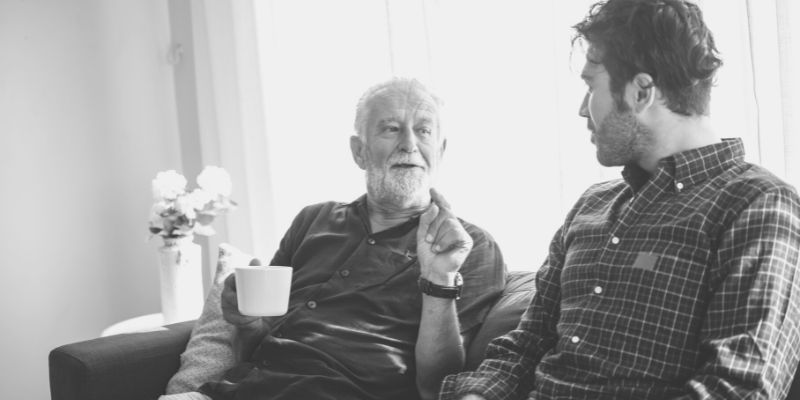Hallucinations, delusions and paranoia are all symptoms that individuals with dementia commonly experience. It can be distressing to witness these types of behaviors in a loved one, but you can help by understanding each of these symptoms, the differences between them and how to manage them.
